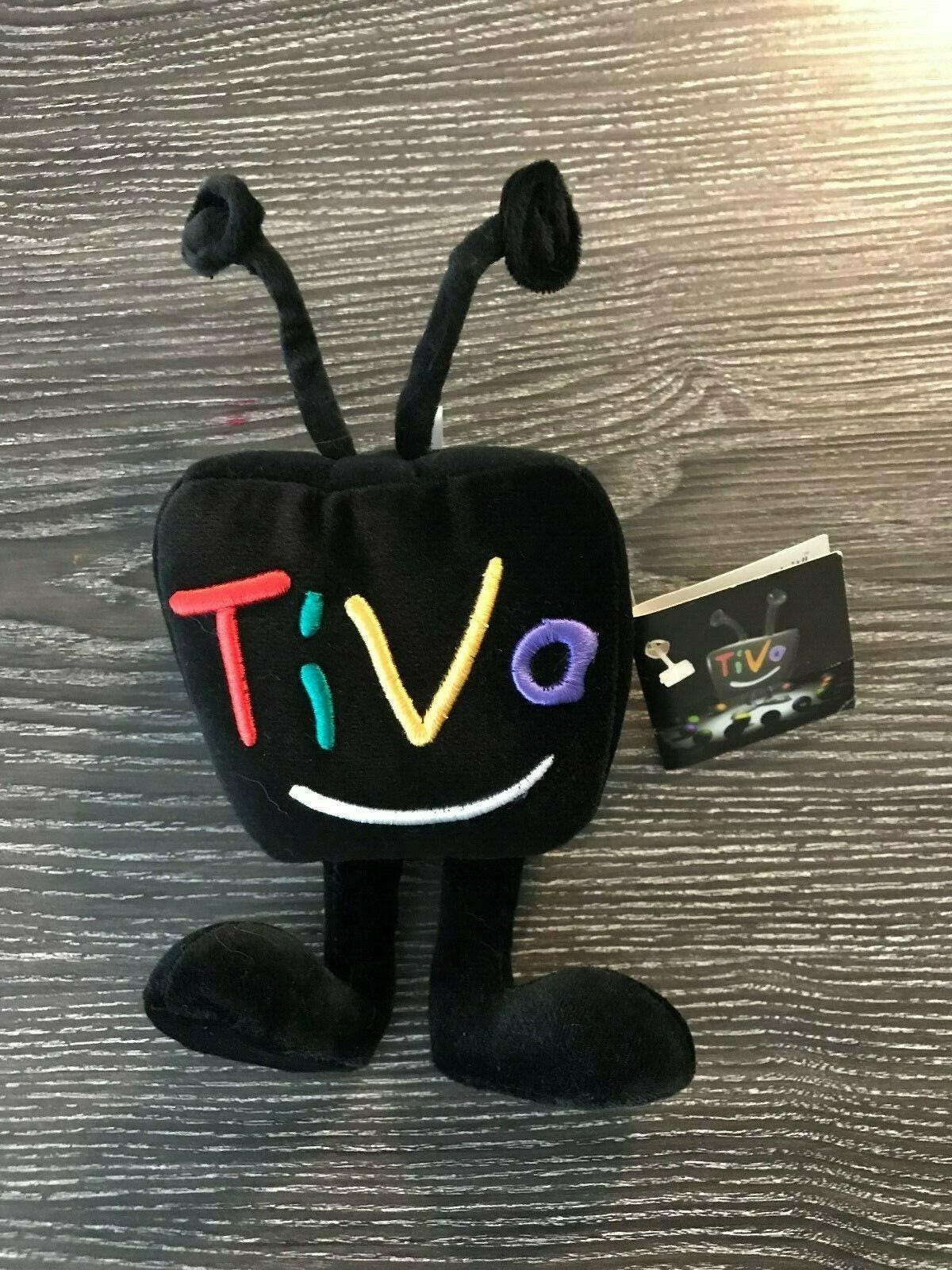Farewell to TiVo — The DVR That Changed Everything
Another piece of hardware bites the dust
I remember the first time I saw a TiVo box in the early 2000s. It looked like magic. You could pause live TV. Rewind a show you hadn’t been recording. Fast-forward through commercials. It felt like a superpower in the age of clunky VCRs. I knew right then the VCR was finished. I decided to buy it about three seconds after the salesman showed me how it w…



